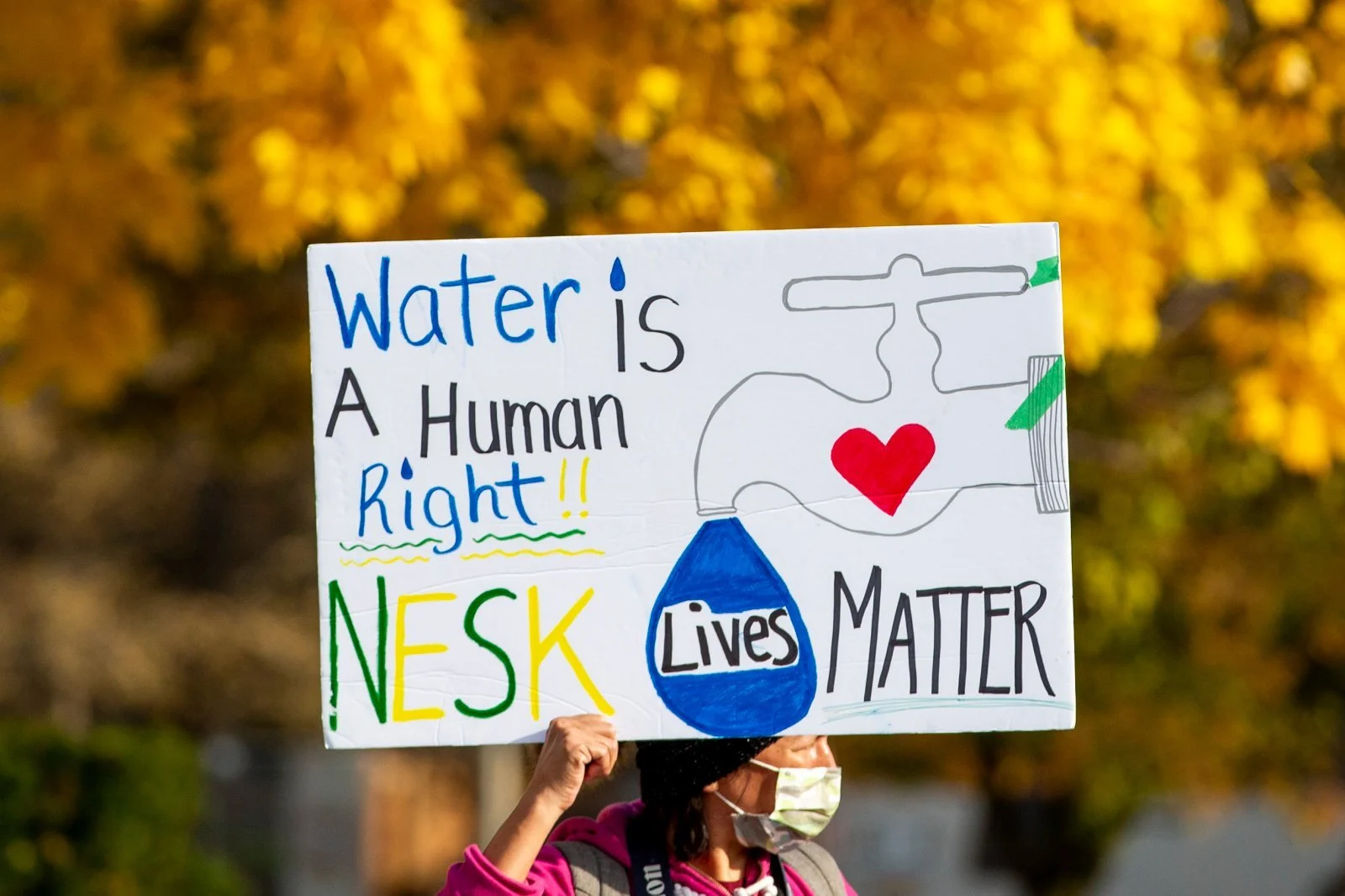St. John's residents will be paying higher property and water taxes in 2024 as the city grapples with higher road maintenance costs and aging snow-clearing and garbage trucks. The residential mill rate is going up by 9.64 per cent, to 9.1 mills. The mill rate increase, plus a 3.4 increase in property assessments, means the average homeowners will see their property tax go up by just over $240 per year. Residential water taxes will go up by $5.
Calgary council gives temporary reprieve to Shepard residents facing 40% hike in property taxes
Most Calgarians are facing a 3.6 per cent hike on their property taxes this year — that is, unless you live in Shepard, about 20 minutes southeast of downtown, where residents are bracing for a 40 per cent increase. The area was annexed by the City of Calgary in 2007, and as part of the agreement, residents were given a 15-year reprieve before switching from tax rates set by Rocky View County — their previous municipality — to Calgary tax rates.
'What Calgarians have wanted': City council votes 13-2 to return fluoride to tap water
Calgary will reintroduce fluoride to its tap water after city council voted overwhelmingly in favour of the change Monday. The vote wasn't close, as 13 members of council voted in favour. Two councillors voted against the motion to reinstate fluoride: Andre Chabot of Ward 10 and Dan McLean of Ward 13. Fluoride was removed following a council decision in 2011. However, Calgarians voted 61.61 per cent in favour of resuming fluoridation in last month's civic election. There was majority support for the move in all 14 of the city's wards.
How colonial systems have left some First Nations without drinking water
Rebecca Zagozewski, executive director of the Saskatchewan First Nations Water Association, said she has seen contractors save on costs when building water treatment plants on reserves by using obsolete parts and failing to include maintenance manuals, ventilation or chemical rooms, and bathrooms. “Engineering companies will put in their bids obviously as low as they can go,” said Zagozewski.





